Vaikuṇṭha is the most desirable abode. Everything there is absolute unity in tangible form. The All-Attractive Original Person, whom words yearn to describe, personally resides there, exhibiting radiantly pure existence and showering his companions with ever-increasing joy.
Everyone there has a body free from limitation or trouble. They have no duty except to follow their constant inspiration to adore Hari.
The trees of that wonderful realm fulfill all wishes in response to the sound of Hari’s all-auspicious name…
I was not aware of this detail before, “in response to the sound of Hari’s all-auspicious name.” I always knew that Vṛndāvana trees are kalpa-vṛkṣa (wishing-trees), but I didn’t know how to “rub the genie-bottle.” The gist of this detail is that we have to chant Krishna’s name to have our wishes fulfilled. One who chants for a devotee attains every blessing.
…In the forests of that realm, all of nature’s seasons are resplendently beautiful and opulent.
This is pramāṇa for the Goswāmī’s description of Vṛndāvana having six seasonal forests.
The place abounds with delightful fragrances of so many exotic flowers, but all of them respectfully worship Tulasī, because, after great effort, she gained the honor of always being worn as Hari’s necklace.
Their fragrance of the residents of that realm makes even the honey of blossoming lotus flowers feel envious. They wander in splendid vehicles, constantly singing amongst friends about Hari’s deeds, glorifying him as their faultless husband.
Aindra prabhu’s activities in New York city prior to coming to Vṛndāvana mirror these. He created a splendid vehicle and traveled about glorifying Krishna in madhurya-kīrtan amongst his friends.
Everyone in that abode sings together in kīrtan ~ even the turtle-doves, cuckoos, swans, cakravāka, cranes, partridges, and peacocks. But they all stop to listen when the foremost of all bumblebees begins very loudly singing Hari Kathā!
Perhaps the “foremost of bumblebees” is the supreme bhakti-rasa-āśrayī, Śrīmatī Rādhārāṇī?
Everyone there is exclusively devoted to Hari’s feet. They cannot be stimulated by any selfish lust because their entire existence is enrapt in Krishna.
This is pramāṇa that we who are currently enrapt in selfish lust did not literally have a former position directly active in Vaikuṇṭha.
Thus, with voluptuous hips in delightful postures and coy smiles decorating their beautiful faces, they laugh intimately with Hari as they travel together in vehicles made of gold, emerald, and opal.
This is very special. First Brahmā stipulates that there is no scope for lust, then he describes how the Lakṣmīs/gopīs therefore can fully utilize sensual, romantic beauty for the delight of Śrī Hari. It is fundamentally different in character from the sensuality we are familiar with, which is fully scoped within lust. The primary trait evidencing this distinction is that it is very carefree.
The Goddess of Personified Beauty, whose blessing everyone works hard to attain, wanders amidst the crystal golden hallways of Hari’s house, creating beautiful music with the bells on her lotus feet, and holding a lotus in her hand.
Everyone is looking for beauty and love, but beauty and love (personified as Śrī Rādhā) is looking for (and eternally finding) All-Attractive Hari. Therefore if we look for All-Attractive Hari, we will automatically find beauty and love.
We have to endeavor with concentration to create musical beauty, but musical beauty which surpasses the compositions of history’s greatest virtuosos effortlessly emanates from Śrī Rādhā’s ankle bells.
When she sees herself reflected in the sparkling walls, she sees a maidservant sweeping the halls, because her humble heart is so faultless and pure.
Isn’t this so nice? Rādhārāṇī is the origin of all virtues. The essence of beauty is the service of the all attractive. Śrī Rādhā sees her most beautiful quality as her desire to serve him in any way. Thus she sees a broom in her hand, rather than a lotus.
The friends who surround her worship Hari with Tulasī garlands in their own forest gardens.
This is pramāṇa against the notion that Śrī Rādhā’s friends and servants never have any personal association with Hari directly.
On coral sands bordering ponds of pristine, nectarean water, they glance at the reflection of their faces. When they see their incredibly beautiful hair and faultlessly refined nose, they think, “Hari’s kisses are the elixir of our beauty!”
The ultimate cosmetic is kṛṣṇādharāmṛta – the nectar from Krishna’s kisses.
This is from Śrīmad Bhāgavatam, Canto Three, Chapter 15, Texts 13 ~ 22









 There was a pujari in Mayapur, in the early days, worshipping Radha Madhava. He was a grhasta; he had a family and a few children.
There was a pujari in Mayapur, in the early days, worshipping Radha Madhava. He was a grhasta; he had a family and a few children.












